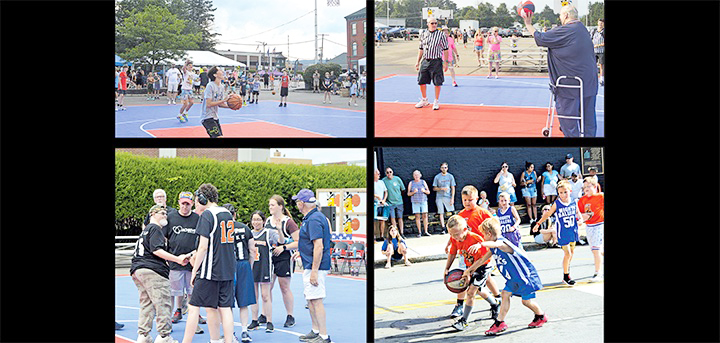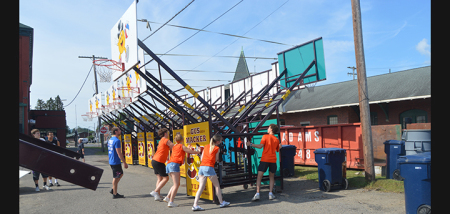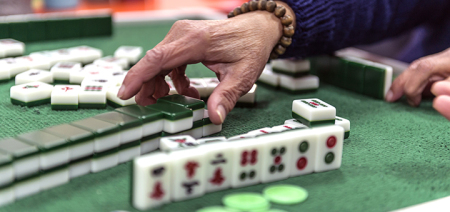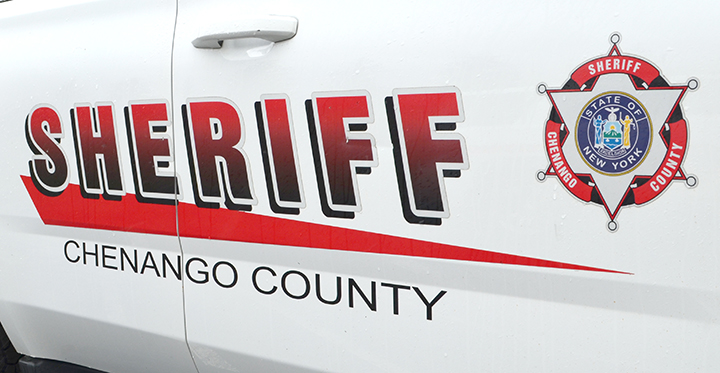Outdoor Chenango: Outdoors Recreation Stages
Published:
August 9th, 2023
By:
Eric Davis
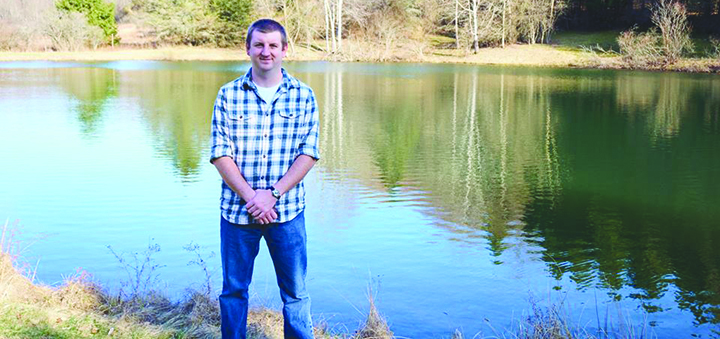
When someone takes the Hunter Education Course in New York, they learn about the 5 stages of hunter development.
The stages cover the typical transition a hunter goes through and they do not necessarily go through the stages in the same order as other hunters do. The five stages can easily be used to describe fishermen or women also.
The shooting stage typically is first. The focus of the hunter is to get shots off without a real focus on the quality of the shot. Due to being “trigger happy,” the hunter can make bad shots that aren’t lethal to game or can be dangerous to other hunters. Hunters in this stage move out of it quickly with the help of experienced mentors and putting in some time on the target range. For fishing, I would replace the word shooting with casting. The focus is on fishing as many places as possible and can lead to making casts that end up in trees or over powerlines.
The limiting-out stage happens when the hunters uses limiting out as their measure of hunt success. A hunt that results in less than a limit of game is considered a failure. Due to the focus on harvesting a limit, hunters in this stage also can take dangerous shots that put other hunters in potential harm. Again, experienced mentors can help hunters grow out of this stage. This stage can be seen in fishing with anglers wanting to catch their limit of fish. In fishing, this could include keeping fish that are below the legal keeping size to make the total catch appear bigger and/or better.
When a hunter is selective and judges their success by the quality of the animal instead of quantity, this is called the trophy stage. The hunter will pass up animals that aren’t deemed to be a trophy. Most of the time in hunting, this will apply to big game hunting. Waterfowl hunters aiming to harvest beautiful drake ducks can also be called trophy hunters. There are plenty of fishermen that are on the hunt for the fish of a lifetime.
The method stage is when a hunter puts more focus on the technique over the quality or quantity of game harvested. For big game hunting, this could mean using archery or black powder equipment for the first time. It could also mean trying to track a deer in fresh snow. For small game hunters, it may be hunting with a dog for the first time. For fishermen, it could be trying to catch a trout on a fly rod or catching bass on a weedless frog in the lily pads. The size of the fish or number of fish doesn’t matter if it is caught using that specific method.
The last stage is the sportsman stage. In this stage, success is measured by the entire experience of the hunt. It includes an appreciation for the animal hunted, the technique used, and the companionship of other hunters. In this stage, a hunt can be called successful without any animals being harvested. In fishing, spending the day with friends on the lake may be considered a success without any fish being caught.
I would say that hunters can be in different stages at the same time, particularly if they are trying different types of hunting (small game, waterfowl, big game). I know that I am at least. With my compound bow I pass up smaller bucks in hopes of seeing a bigger buck (trophy stage). During firearms season, I focus more on filling the freezer with venison (limiting-out stage). My waterfowl hunting has come to focus on hunting with good friends and maybe harvesting some ducks (sportsman stage).
When it comes to fishing, I am at a hybrid stage between trophy stage and method stage. Due to my allergy when consuming fish, I don’t try to catch fish to put on my dinner plate. So instead, I try to focus on technique and catching bigger fish that I release anyway. My next adventure is going to be fly fishing. I took a fly rod and a couple boxes of flies from my grandfather’s house after he passed last year with the goal of learning how to use them. No matter what stage or stages you may be in, the key is to get outside and enjoy yourself. And don’t forget to invite someone new to come with you!
Author: Eric Davis - More From This Author
Comments


